Latest News
MoD warns of intense Taliban spring offensive
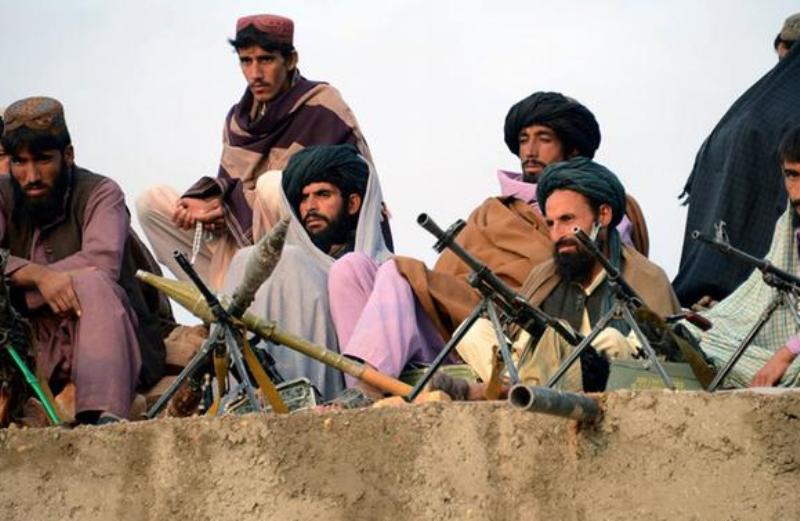
Afghanistan Ministry of Defense (MoD) has warned that the armed Taliban group will intense their attacks in the current year.
MoD spokesman emphasized that the Afghan security forces will thwart Taliban’s efforts to collapse key parts of the country in this year’s fighting season.
NATO’s findings indicate that nearly 5500 Afghan troops killed and more than 14,000 other troops wounded in the last year’s fighting season.
The troops are said to believe that Taliban is real threat for Afghanistan and their main aim is to destroy the Afghan government.
But, MoD rejected NATO’s statements regarding the issue; saying the armed Taliban group would not be a great threat to Afghanistan without foreign supports.
“The opposition groups are trying to collapse key districts of the country this year, but it is just a dream. without foreign supports, they are not an important threat for Afghanistan,” Dawlat Waziri, MoD spokesman said.
Meanwhile, the Ministry of Interior Affairs (MoI) has also announced of serious plans for suppressing Taliban group in the current year.
“Our main focus is the east and northern parts of the country and we are ready to launch the “Shafaq” operation,” Najibullah Danish, deputy spokesman of MoI said.
However, military analysts consider the current year, one of the bloodiest years for Afghanistan.
They believe that the Taliban group will use any option to take the control of key parts of the country.
The Taliban’s fierce assault underscored official concerns that the country’s more stable north had become a magnet for militant fighters. In years past, the insurgents have focused most of their efforts in their traditional strongholds of southern and eastern Afghanistan.
Afghan forces are now shouldering the burden of fighting a still-resilient Taliban since the U.S.-led coalition largely ended its combat role in Afghanistan. Though a small number of foreign troops remain, their military presence in northern Afghanistan is small: Coalition forces are mostly concentrated in the country’s south and east.

Latest News
Escalating violence in Pashtun regions during Ramadan raises concerns
He described these incidents as grave violations of international law and acts that have deepened fears among affected communities.

Amid the holy month of Ramadan, violence has continued in several Pashtun areas, raising serious concerns among local communities.
In a post in X, Manzoor Ahmad Pashteen, the founder and head of Pashtun Tahafuz Movement, noted that in Tirah, four Pashtun civilians were reportedly killed and six others injured during operations carried out by the Pakistani army. Protests that followed in Orakzai were also met with force, leaving four more individuals seeking peace and justice injured.
In Afghanistan’s Behsud district, 17 civilians, including women and children, were reportedly killed in airstrikes attributed to Pakistani forces, he stated.
He described these incidents as grave violations of international law and acts that have deepened fears among affected communities.
In recent days, additional casualties have been reported in Rozmak, Shawal (North Waziristan), Mubarak Shahi village (Mir Ali), Speen Wam, Abakhel village, Dosali, Takhte Khel (Lakki Marwat), Azam Warsak (South Waziristan), Bajaur, and Bannu, where clashes between security forces and armed groups have resulted in deaths and injuries among civilians, Pashteen said.
He stated that the ongoing violence reflects longstanding grievances in Pashtun regions. The Pashtun Tahafuz Movement (PTM) has stated that it will continue to oppose what it describes as injustices against Pashtun communities and will stand in solidarity with those affected.
Latest News
UNAMA reports civilian casualties from Pakistani airstrikes in Afghanistan
UNAMA urged all parties to end hostilities, protect civilians, and uphold international law principles of distinction, proportionality, and precaution to prevent further civilian harm.
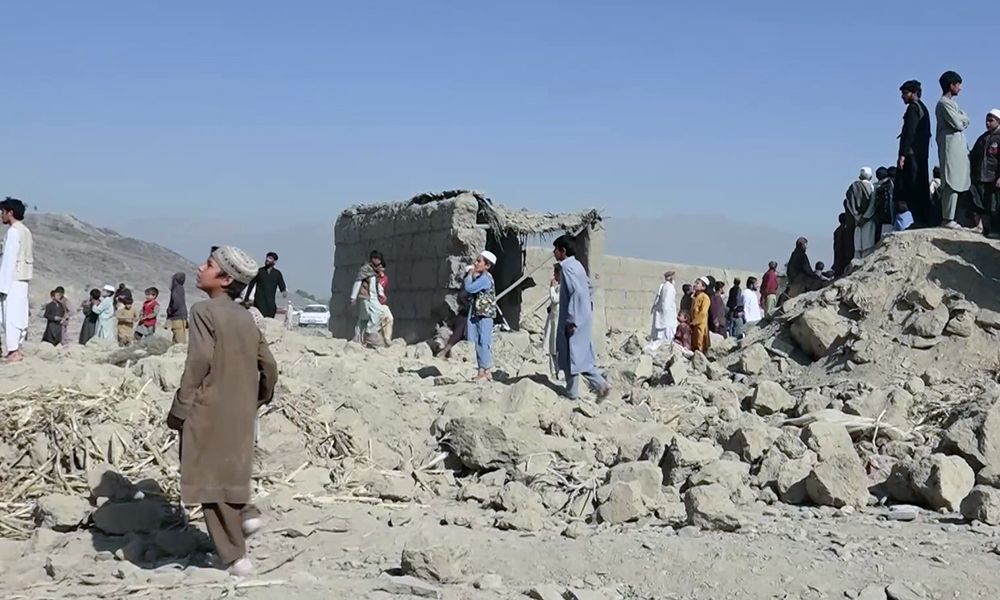
The United Nations Assistance Mission in Afghanistan (UNAMA) has confirmed credible reports of civilian casualties following overnight Pakistani airstrikes inside Afghanistan on 21–22 February.
Airstrikes in Behsud and Khogyani districts of Nangarhar province, carried out between approximately 23:45 on 21 February and 00:15 on 22 February, have reportedly killed at least 13 civilians and injured seven others, including women and children.
Pakistani forces also struck Barmal and Urgun districts in Paktika province.
In Barmal’s Marghai area, an airstrike on 21 February around 23:15 hit a madrassa and partially damaged a nearby mosque.
In Urgun’s Dahna area, an airstrike at approximately 23:30 partially destroyed a vacant private residence. No civilian casualties have been reported from these strikes.
UNAMA urged all parties to end hostilities, protect civilians, and uphold international law principles of distinction, proportionality, and precaution to prevent further civilian harm.
Latest News
Eight schoolchildren among those killed in Pakistani airstrikes in Afghanistan
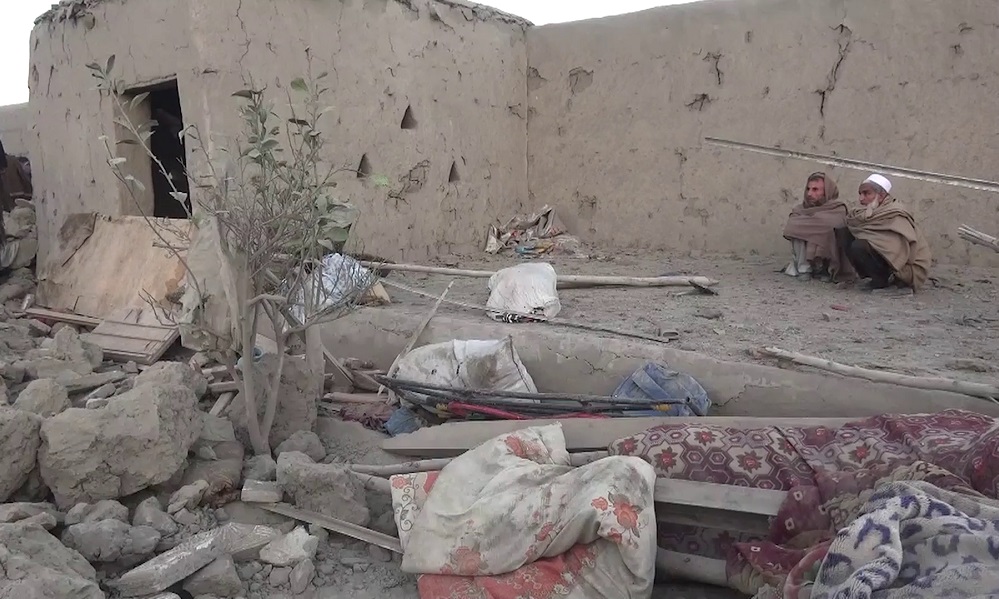
The Ministry of Education reported the tragic losses, highlighting the impact of strikes on civilians and students in the region.
Education Ministry spokesman Mansoor Ahmad Hamza also said that a student at a religious seminary was injured in Barmal district of Paktika province, another area affected by the Pakistani military attacks over the weekend.
Dozens of civilians have reportedly been killed or injured in the airstrikes, which Afghan authorities say targeted residential homes and community areas in both Nangarhar and Paktika provinces.
Local sources describe scenes of devastation, with families searching through rubble and emergency personnel rushing to rescue trapped individuals.
Afghanistan’s Ministry of National Defense condemned the strikes, saying they constitute a violation of Afghan sovereignty and have caused significant civilian harm.
Officials reiterated that Afghan territory must not be used for attacks against other countries and called for restraint and dialogue to prevent further escalation.
The strikes come amid ongoing tensions along the disputed Durand Line between Afghanistan and Pakistan, where security concerns and accusations of militancy have frequently strained relations between Kabul and Islamabad. Analysts note that repeated civilian casualties risk further inflaming regional tensions and complicating diplomatic efforts to reduce violence along the frontier.
-
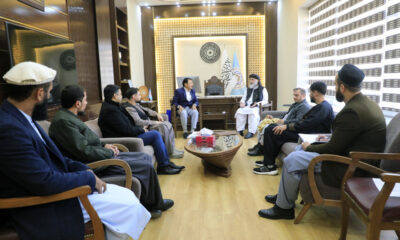
 Latest News4 days ago
Latest News4 days agoAfghanistan welcomes investment and technology partnerships with India
-
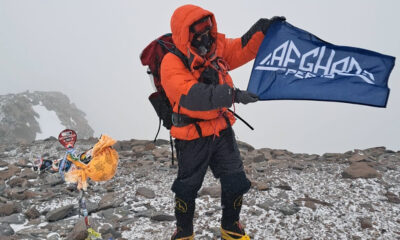
 Sport4 days ago
Sport4 days agoAfghan Peaks founder climbs Aconcagua to promote Afghanistan’s mountain potential
-
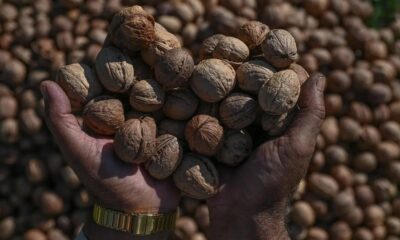
 Latest News3 days ago
Latest News3 days agoIndian customs seize Chinese walnuts falsely declared as Afghan
-

 Business4 days ago
Business4 days agoPakistan allows re-export of stranded Afghan transit cargo
-
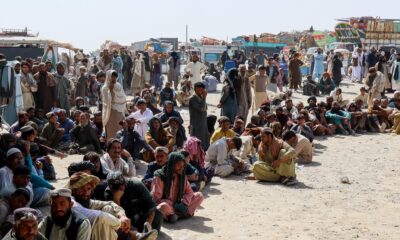
 Latest News3 days ago
Latest News3 days agoPakistan’s Punjab to send home 20 more Afghans in repatriation drive
-

 Latest News4 days ago
Latest News4 days agoPakistan signals possible air strikes as Kabul releases Pakistani soldiers in goodwill move
-
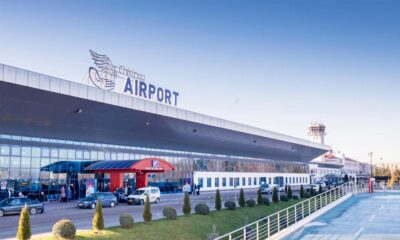
 Latest News2 days ago
Latest News2 days agoMoldova bans Afghan airlines over safety concerns
-
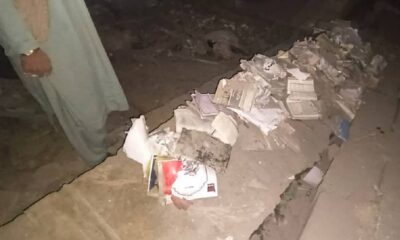
 Latest News1 day ago
Latest News1 day agoAfghanistan vows retaliation after Pakistan launches air strikes
















